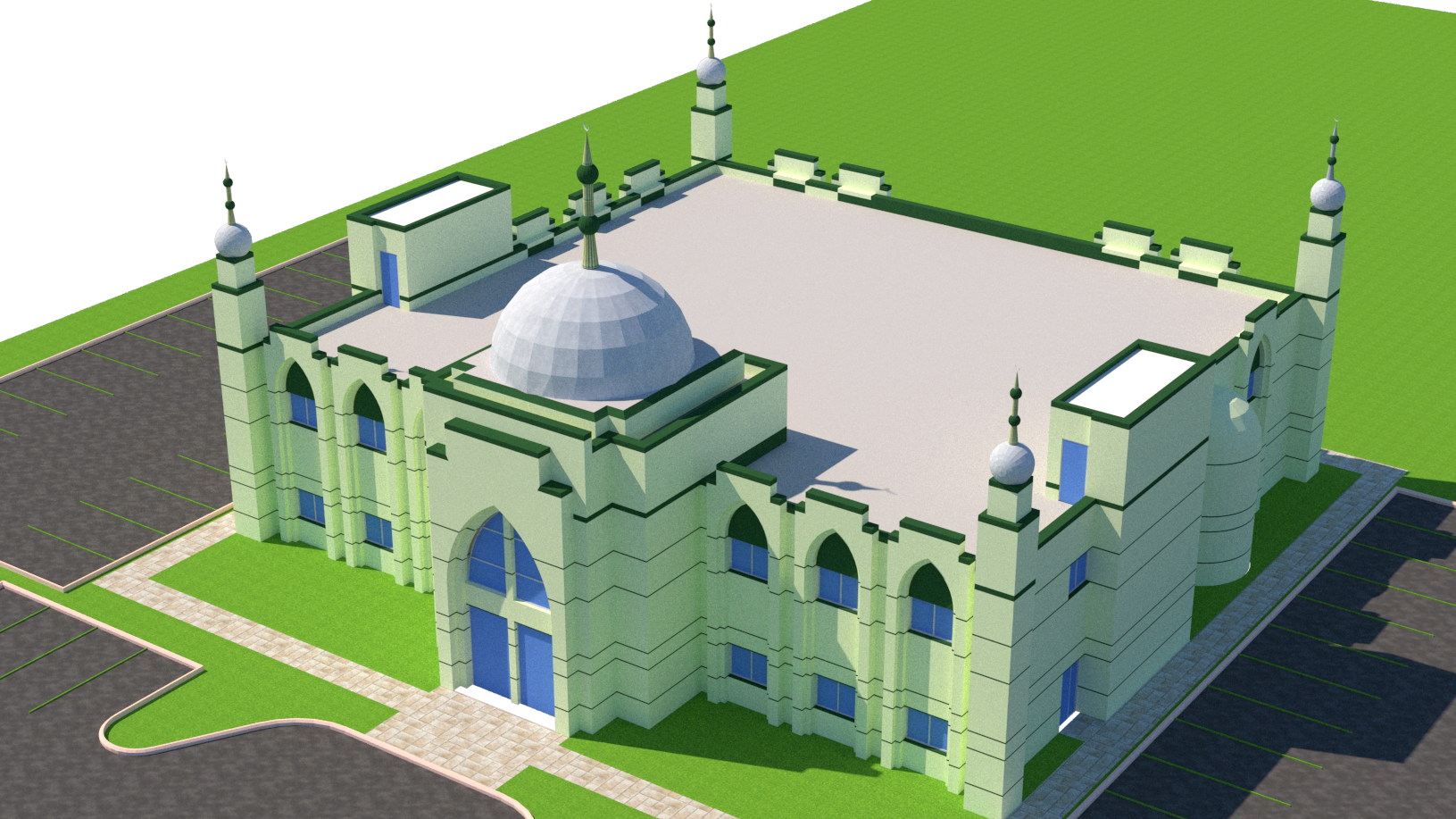Vision
The mission of IABAT Weekend School is to provide our students with a solid foundation of Quranic recitation with proper pronunciation but equally emphasizing the importance of understanding the message of God’s divine book. As such, students are encouraged to learn the terminology of the Holy Quran and the etiquette with which it must be read. Students are also taught a broad range of topics in Islamic studies. These include akhlaq (ethics and behavior), tareekh (history), ‘aqaid (fundamental beliefs) and fiqh (religious laws and rules, which is particularly emphasized for our teenagers. Not only do these studies seek to educate our students on the basics of Islamic theory and practice, but also provide a tool that will aid them in facing contemporary challenges, especially in our Western societies. We believe that a well-rounded approach that includes spiritual, practical and social aspects will equip our youth as they grow up and become contributing members of our communities and the nation at-large. Our school depends on the dedication and hard work of volunteers and those who are invested in fostering an identity for our children.
Aims and Objectives
To provide fundamental Islamic education to the youth of our community by starting with basic beliefs and concepts, proficiency in reading the Holy Quran, learning the rules of religious practice, and most importantly, applying the acquired principles to the practical aspects of life. Our goal is to foster an Islamic identity in our youth based on the Holy Quran and the way of Prophet Muhammad (pubs&hp) and his holy progeny (p).
History
After its establishment in the late 1990’s, the community of the Islamic Ahlul Bayt Association of the Triangle (IABAT) began Holy Quran and basic Islamic studies classes for the youth. Although these started in the homes of the community members, the organization quickly rented a facility just to hold regular weekly classes. Over the years, establishment of the school was challenging and consistency was lacking due to there not being a permanent home for the organization; IABAT would have to rent different facilities nightly just to hold commemorations. In 2012, Hajjah Chahnaz Kbaisi was appointed as the head master of IABAT Weekend School. She quickly developed a curriculum for both Holy Quran and Islamic studies using several existing sources and consulting with the community’s resident scholar. Her goal was to develop and implement a curriculum that would be suitable for IABAT’s multi-ethnic and diverse constituency, which is comprised of Iraqi-, Iranian-, Afghan-, Indian/Pakistani-, Latino-, African-, and revert-American Muslims. Moreover, her vision for the school was to provide the youth with strong fundamental instruction and an Islamic identity that would help them navigate their lives in society, resolve their personal challenges and contribute as good citizens.
Structure
IABAT Weekend School has seven class levels based primarily on age with secondary consideration of knowledge/proficiency. Each class level includes a weekly lesson on the Holy Quran, which covers proper pronunciation and recitation, as well as understanding, and one on Islamic studies that covers basics of belief, ethics, history and religious rules. Each level is taught by one or two dedicated volunteer teachers who are proficient in the material. The school is administered by a head master and overseen by the resident scholar.
Future Plans
From an initial enrollment of less than ten, IABAT Weekend School has grown to over 100 students and 15 teachers. The school is vibrant and active, and it is continuously engaged by the entire community with parents and former students providing support. Every six months, IABAT organizes public outreach and charitable giving to the broader community in conjunction with the school. As the community grows, it is the goal of the school to adopt a curriculum that will be comprehensive from didactic perspective, while simultaneously integrating the various disciplines of Islam so the students can have a deeper and more meaningful understanding of our peaceful and beautiful religion. IABAT’s future permanent facility, which is in the initial stages of its construction, will have two floors, several classrooms, a library and a media room dedicated to the school.
Challenges
IABAT Weekend School’s biggest hurdle is the lack of space to hold classes. However, this has not deterred participation and attendance. More importantly, the school’s most significant challenge is how to teach children of different ethnic backgrounds, languages and cultures the basics of Islam. This has required the implementation of a yearly quality assurance and accountability survey and continuous reviews of the teaching materials, teachers, and methods of instruction.



